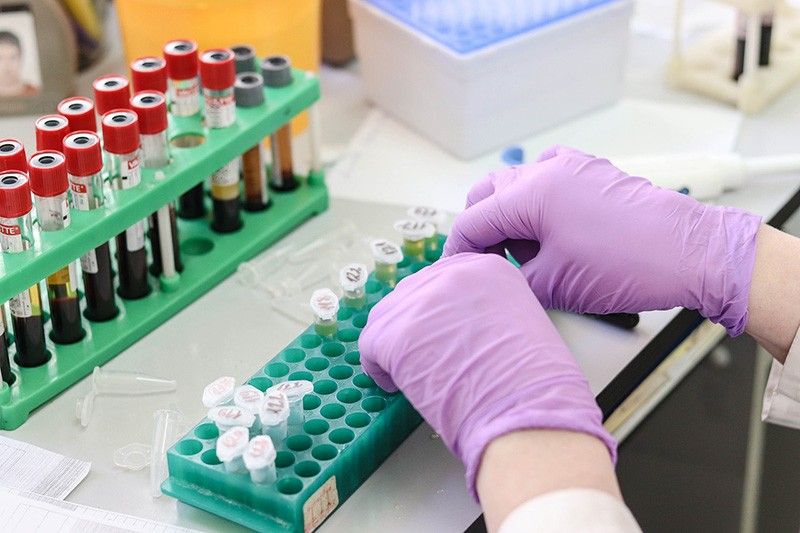WHO assessing risk after fighters seize Sudan lab

GENEVA, Switzerland — The World Health Organization said Wednesday it was assessing the threat posed to public health after fighters in Sudan occupied a national laboratory holding samples of deadly diseases.
"We are also concerned that those occupying the lab could be accidentally exposed to pathogens stored there," WHO chief Tedros Adhanom Ghebreyesus told a press conference in Geneva.
"WHO is seeking more information and conducting a risk assessment."
His comments came a day into a 72-hour ceasefire that was struggling to hold after the regular army launched renewed air strikes against rival paramilitary forces in the capital Khartoum.
The nearly two weeks of urban combat has killed hundreds, wounded thousands and sparked a mass exodus of foreigners, while the UN has warned a giant new refugee crisis could be brewing.
On Tuesday, WHO's representative in Sudan, Nima Saeed Abid, told reporters the seizure of a laboratory had created an "extremely, extremely dangerous" situation.
"There is a huge biological risk associated with the occupation of the central public health lab."
Olivier le Polain, WHO's incident manager for the Sudan response, told reporters Wednesday that the lab held samples of pathogens including measles, tuberculosis, cholera, polio and SARS CoV-2, which causes Covid-19 disease.
"The assessment is ongoing to better understand what the public health threats might be with those, and of course, the risk as well of having untrained personnel or untrained individuals in the lab," he said.
'Unimaginable consequences'
Sudan's central commission of medical laboratories said Wednesday that fighters were using the lab as a base, warning that "targeting them could lead to a health and environmental catastrophe with unimaginable consequences."
WHO emergencies director Michael Ryan said the main risk was likely to any untrained people in the lab, who could "accidentally expose themselves to the pathogen."
"But there are always obviously secondary risks that someone might leave that laboratory and infect someone else," he acknowledged.
"We want to make sure that the people occupying the building know the risks themselves," he said.
He underlined though that "doing any kind of assessment at the moment... is very difficult," pointing out that internet and telephone lines are down and "communications are extremely difficult".
Peace 'best medicine'
He stressed that the main threat to people in Sudan was due to the fighting.
"Right now, the vast majority of people who have been infected with infectious diseases in Sudan, are doing so because they're having to drink dirty water... because they're crowded into basements and unable to access care... because vaccination is not happening in young children," he said.
Tedros agreed, pointing out that the fighting had shuttered 61 percent of all health facilities in Khartoum, with only 16 percent operating as normal.
He pointed out that patients with chronic diseases were unable to access treatments, while some 24,000 women due to give birth in coming weeks "are currently unable to access maternal care."
"On top of the number of deaths and injuries caused by the conflict itself, WHO expects there will be many more deaths due to outbreaks, lack of access to food and water, and disruptions to essential health services, including immunisation," he said.
"As always, the best medicine in this situation is peace."
- Latest
- Trending




























